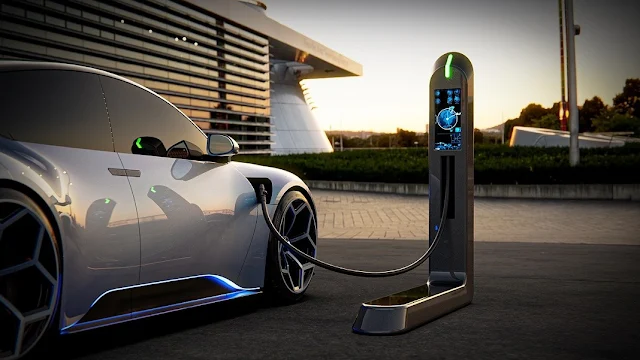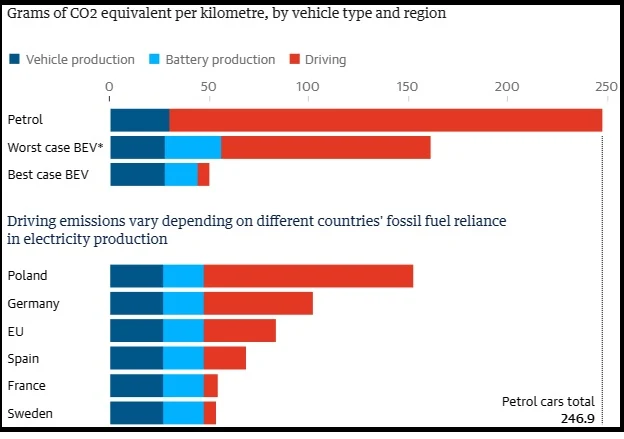Think Twice Before Buying an Electric Car
Top Reasons Why You Might Want to Think Twice Before Buying an Electric Car
In recent years, electric cars have been hailed as the future of transportation, promising reduced emissions and lower operating costs. However, despite their growing popularity, there are several compelling reasons why you might want to hold off on purchasing one. In this article, we'll explore some of the key factors that might make you reconsider buying an electric car.
why?
-Limited Range:
One of the most significant drawbacks of electric cars is their limited range compared to traditional gasoline-powered vehicles. While advancements in battery technology have extended the range of electric cars, they still can't match the distance capabilities of fossil fuel vehicles. This limitation can be particularly problematic for drivers who frequently embark on long-distance journeys or live in areas with sparse charging infrastructure.
-Charging Infrastructure:
Speaking of charging infrastructure, it remains a significant hurdle for widespread electric car adoption. While major cities and urban areas may have a decent network of charging stations, rural areas and less-developed regions often lack adequate charging infrastructure. This can pose a challenge for electric car owners, especially when traveling to areas with limited or no access to charging facilities.
-Long Charging Times:
Even with the availability of charging stations, electric car owners still face the issue of long charging times. While some newer models offer fast-charging capabilities, the reality is that charging an electric car can take significantly longer than filling up a tank of gas. For drivers accustomed to the convenience of quick refueling, this extended charging time can be a major inconvenience, especially during busy schedules or road trips.
-Higher Upfront Costs:
Another deterrent for potential electric car buyers is the higher upfront cost compared to traditional gasoline-powered vehicles. While electric cars offer long-term savings on fuel and maintenance costs, the initial purchase price can be prohibitive for many consumers. This higher upfront cost can make it difficult for individuals on a tight budget to justify investing in an electric vehicle, especially when there are cheaper alternatives available.
-Limited Model Options:
Despite the growing popularity of electric cars, the variety of models available on the market remains limited compared to conventional vehicles. This lack of diversity in electric car offerings can be a deal-breaker for consumers who value choice and customization options. From compact cars to SUVs and trucks, the selection of electric vehicles is still relatively limited, making it challenging for consumers to find a model that meets their specific needs and preferences.
The Truth Behind Emissions: Electric Cars vs. Petrol and Diesel
In the United States, Florida Senator Rick Scott asserted that there is substantial evidence challenging the cleanliness of electric vehicles (EVs), contradicting prevailing beliefs. He, along with fellow Republican lawmakers, proposed the "Directing Independent Research To Yield Carbon Assessment Regarding Electric Vehicles (DIRT Y CAR EV) Act," aimed at scrutinizing the carbon footprint of EVs.
Additionally, a recent article in the UK's Daily Mail cast doubt on the environmental benefits of electric cars, suggesting that many may never achieve their mileage targets due to frequent upgrades, resulting in surplus used EVs languishing on garage forecourts. Such skepticism extends beyond right-wing media; in June, The Guardian featured an article by actor Rowan Atkinson expressing feeling misled by EVs' purported environmental credentials.
Atkinson referenced Volvo research indicating that greenhouse gas emissions during electric car production are nearly 70% higher than for petrol vehicles, leading him to question the suitability of EVs in combating the climate crisis.
Environmental Impact Unveiled: Electric Cars Life Cycle Emissions in the EU vs. Petrol Vehicles






